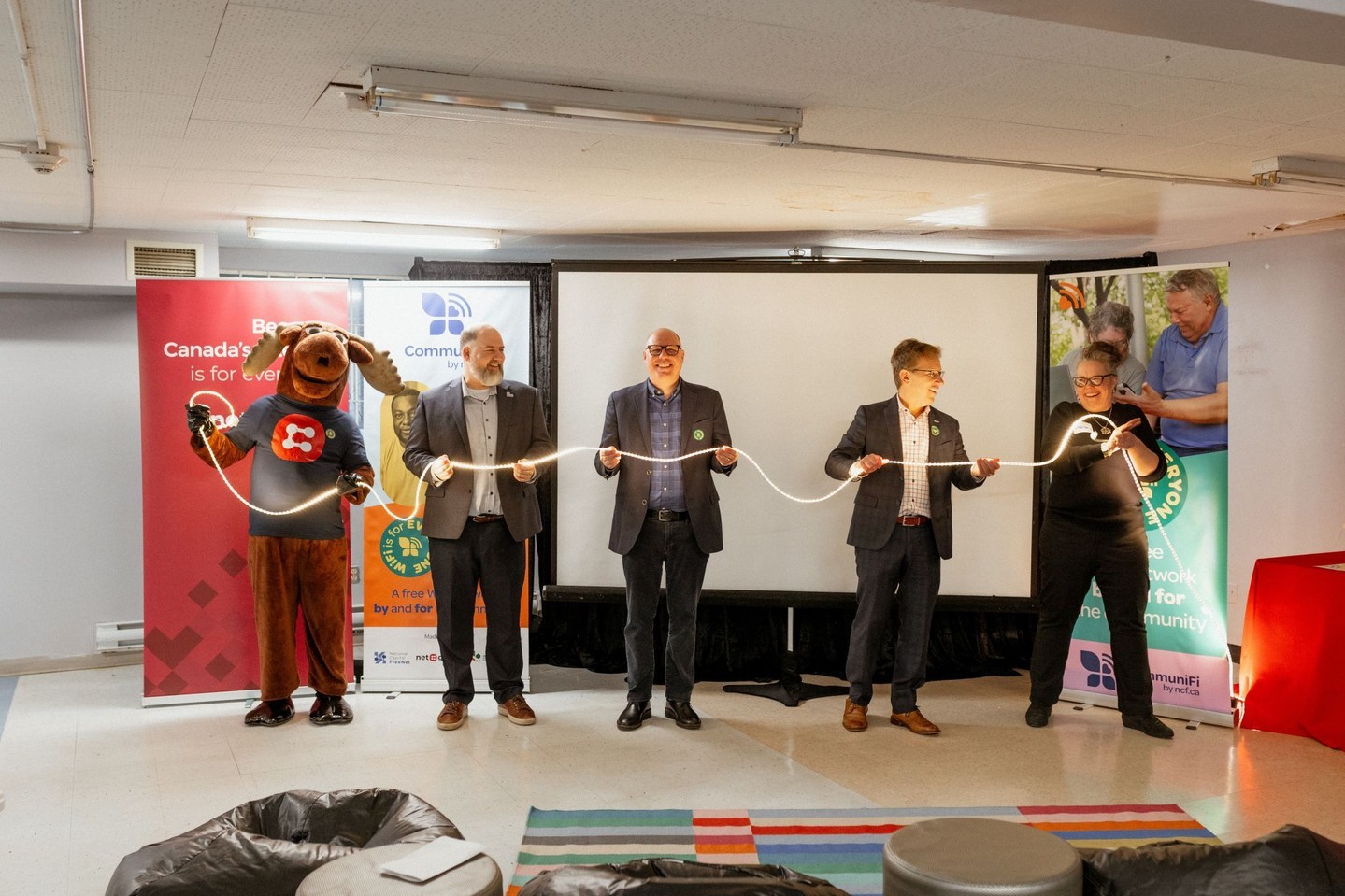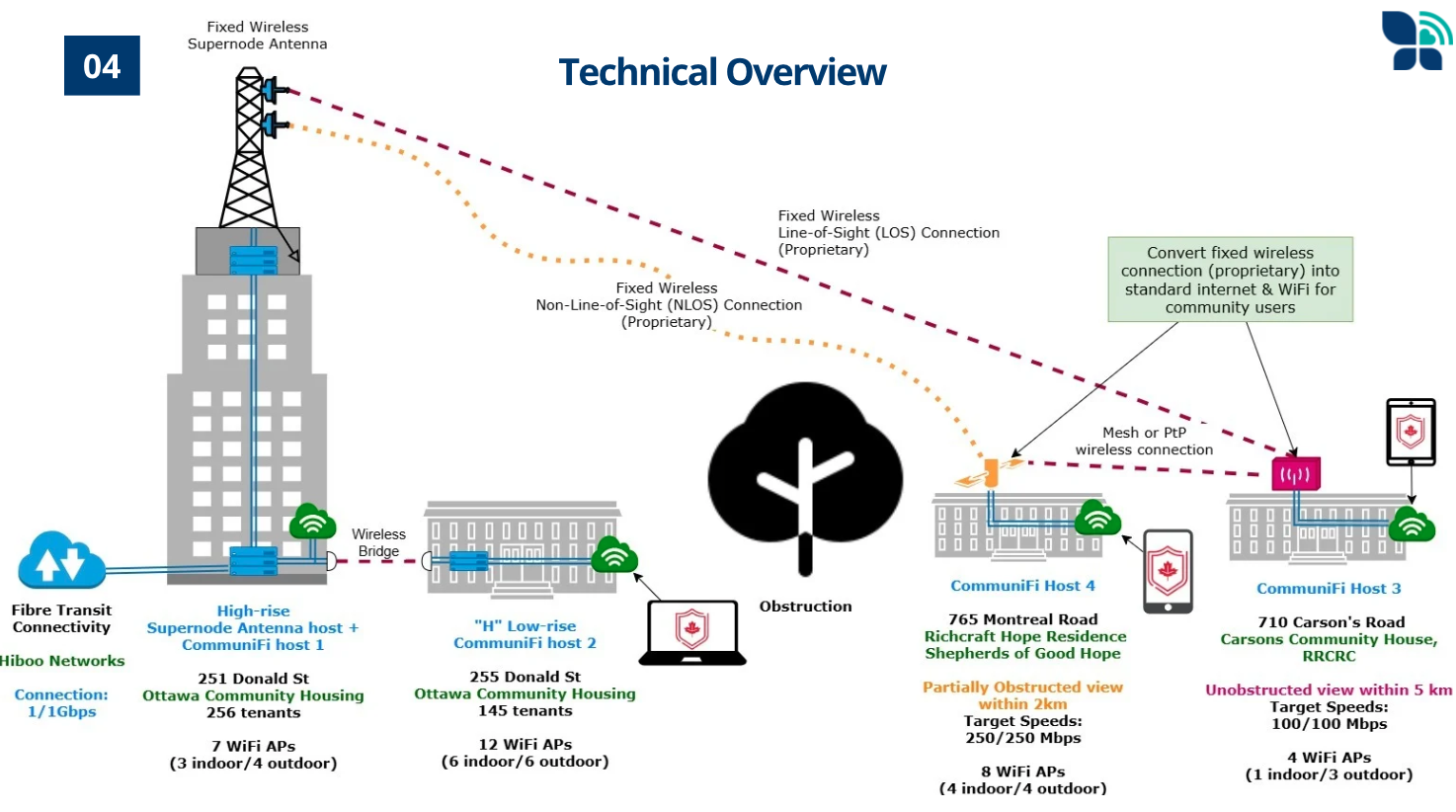Everyone needs internet access: Ottawa non-profits to host free WiFi for the city’s low-income communities
Why It Matters
Canada has some of the most expensive broadband plans in the world, but could now be considered a necessary expense as critical government, social, health and education facilities continue to move online.

An Ottawa-based social enterprise is launching a free WiFi network in partnership with the city’s community housing and social service providers, ensuring that people with low incomes can still access internet services.
National Capital FreeNet (NCF) develops affordable internet plans in Ottawa, through existing networks such as Bell, Rogers and Cogeco. Internet service providers like NCF can access these networks per the CRTC’s wholesale model, repackage and sell them, encouraging more competition in the Canadian telecommunications market.
The NCF team had been modelling how to connect individual homes to a free internet service, said Andrew Martey-Asare, business and community development manager at NCF.
“But we just couldn’t make the numbers work,” he said.
In the end, he said, working directly with local non-profit organizations and existing community hubs made most sense.
“If it’s going to cost too much to go to every home, can we go to places where people meet? Can we go to places where people get services?”
“We know non-profits, because we are one,” he added.
“It became a stronger and stronger case because those social service organizations provide other services that can be enhanced by internet connectivity.”
Ottawa Community Housing became the pilot partner for NCF’s CommuniFi project in December 2024, offering free internet access in common areas of two of its buildings in the Vanier neighbourhood.
Ottawa Community Housing will now house the CommuniFi network’s “supernode”, relaying the network to other “host” organizations.
There is also a “concentration of social service agencies to act as local WiFi hosts” around these buildings, including Shepherds of Good Hope, the Richcraft Hope Residence, and Carsons Community House.
NCF received funding from CIRA’s Net Good program, which will allow them to expand CommuniFi to 12 local non-profits and social service organizations.
The free network will be subsidized by NCF’s sales of affordable internet plans, as well as donations and grants, added Shelley Robinson, NCF’s executive director.
Future of Good contacted two non-profit organizations involved in this project, but could not connect with them before publication.


